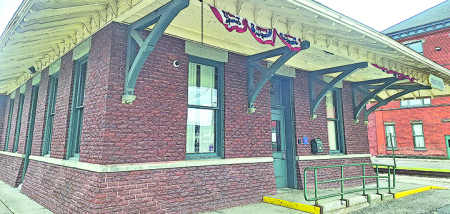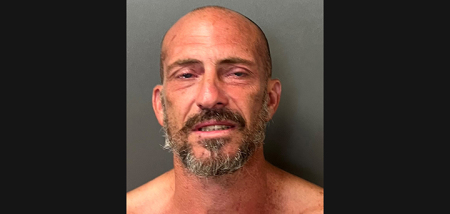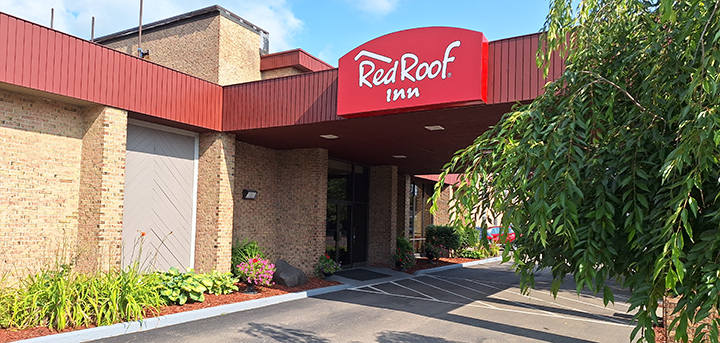Creating A Healthier New York
Published:
August 17th, 2015
By:
Sen. James Seward
As a long-standing member of the Senate Health Committee, I take the health and well-being concerns of constituents to heart. This past year, health issues were once again a top priority in Albany. Here are a few of the items that I believe will help create a healthier New York.
The state budget restored $23.1 million - 15 percent - in reductions proposed by the governor to support 41 critical health programs. Among the provisions in the budget were millions of dollars for women's and family health initiatives, an expanded EPIC program to help our seniors afford their prescription medications, significant investments in health care capital projects in rural communities, and funding for peer-to-peer programs to help veterans coping with the effects of PTSD.
The state budget also included significant funding increases to support resources for long-term care patients and caregivers. An additional $50 million will support Alzheimer's programs - $25 million for this year and another $25 million for next year - and an increase of more than $8 million to the New York Connects program is helping with a statewide expansion that will give more patients access to long term care options, services, and support. State funding was also increased for the Community Services for the Elderly Program by $2.5 million and an additional $500,000 was included for the Long Term Care Ombudsman Program.
Lyme Disease and other tick-borne illnesses were also a continuing senate focus. The state budget included $600,000 to support research, education, and prevention efforts and the Senate Task Force on Lyme and Tick-Borne Diseases is moving forward with a series of informational forums designed to bring together leading researchers, health care professionals, and concerned citizens as part of a broader effort to develop both short and long term solutions to this major public health issue.
Another crucial health issue that has continued to garner headlines is the heroin crisis. As a member of the Senate Majority Coalition’s Joint Task Force on Heroin and Opioid Addiction, I have worked to address this issue with funding and legislation.
The state budget is providing help for various programs, including: $8.8 million for statewide prevention, treatment, and recovery services; $450,000 to purchase Narcan kits, to help save individuals from an overdose, given out for free to those who participate in a Narcan training class; and $140,000 to finance the cost of Narcan kits for staff and nurses authorized to administer Narcan in the event of a heroin or opioid overdose at school. On the legislative front, the senate continues to focus on initiatives that will expand treatment options for those who are addicted to heroin, provide additional resources to law enforcement, and help with education efforts.
Veterans health issues were also addressed this past year. The budget includes $3.2 million for the Joseph P. Dwyer Veteran Peer-to-Peer Program that connects veterans coping with the effects of post traumatic stress disorder and traumatic brain injury with other veterans in a secure, comfortable atmosphere; $800,000 for post-traumatic stress treatment and support; and funding for additional initiatives that focus on veterans' needs.
Finally, legislation I co-sponsored to help family caregivers with complex medical needs, passed both house and will be sent to the governor for his consideration soon. The Caregiver Advise, Record, and Enable (CARE) Act is designed to help caregivers receive the necessary resources to deliver quality care to older adults and others with long term health needs in a home setting.
Under the CARE Act, upon admission to a hospital, a patient would be able to designate a caregiver in the patient's medical record. Prior to the patient's discharge to his residence or transfer to another facility, the hospital would need to notify and offer to meet with the designated caregiver to discuss the patient's plan of care and offer to adequately train the designated caregiver in certain aftercare tasks.
Author: Sen. James Seward - More From This Author
Comments










